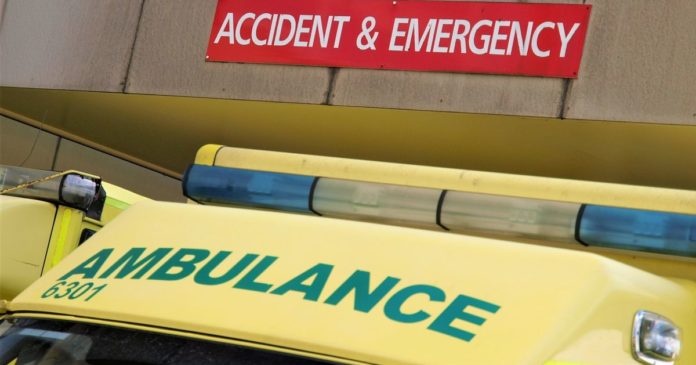The Royal College of Emergency Medicine today launches its campaign, RCEM CARES, to improve Emergency Departments (EDs) across the UK after new data shows that over 100,000 patients have waited for over 12 hours in EDs since the start of winter.
he College’s annual Winter Flow Project has collected a range of data from over 50 Trusts and Boards across the UK since October 2019, representing roughly a third of all acute Trusts.
The data, published on a weekly basis, shows that since the start of October 2019 a total of 102,776 people stayed in the ED for over 12 hours.Average performance against the four-hour standard was 72.19% and an average of 36,225 beds were open each week
President of the Royal College of Emergency Medicine, Dr Katherine Henderson said: “These figures are shocking and bear out what staff are telling us; our hospitals have run out of room.
“We do not have an adequate number of beds to admit the sickest patients to. This means that patients must wait longer in the ED as they cannot move on to the next stage of their care, resulting in overcrowded departments.
“Not only is this frustrating for patients and staff alike, but keeping patients waiting in corridors compromises their dignity and puts safety at risk; we know that long waits are associated with increased mortality.
“We need more beds and we must end the practice of ‘corridor care’, which is why we’re launching RCEM CARES.”
The RCEM CARES campaign focuses on five main issues that need to be addressed to improve Emergency Care: Crowding, Access, Retention, Experience, and Safety.
Dr Henderson said “RCEM CARES takes a holistic approach to making our EDs better and recommends actions for decision makers within the NHS and Emergency Care as well as for the Government. It is a guide to remedying the dire situation we are in and, if put into practice, will help improve the lives of patients and staff.
“We must reduce crowding, increase alternative access to care, work to retain staff, improve patient experience and ensure safety is at the heart of what we do.
“Everyone has a part to play, from Clinical Leads, to regulators, to NHS management. However, the heavy lifting must be done by the Government and there are several actions it needs to take if it is serious in its promises to safeguard the NHS and Emergency Care. Let’s grasp the opportunity of a new decade and a new Government – a government that has indicated that the NHS is at the heart of its policies – to be open about the problems and determined to solve them.
“While the promised extra funding for the NHS is very welcome it will not immediately undo the damage years of underfunding has done, so patience is needed.
“Before building new hospitals we need to fix and expand the crumbling emergency departments we already have, to make them fit for the 21st century and safe, suitable environments for high quality care.
“The forthcoming budget is an opportunity to make this happen.”







